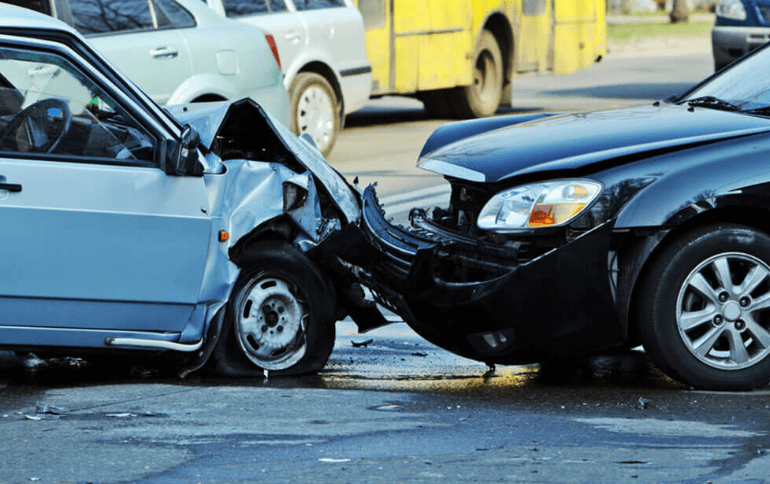
Joint and Liability for Automobile Accidents
Involved in a collision where there are several liable parties? If more than one party was negligent in causing an automobile accident that hurt you, both parties are legally obligated to pay damages to help you recover from your injuries. A personal injury attorney in Boston, MA can help you get compensation.
Imagine that two different drivers’ carelessness led to a collision and your injuries as a result. You have the right to bring a lawsuit as the injured party against both parties. You are legally entitled to compensation to recuperate as long as the accident victim is deemed to be 50% or less at fault for the accident.
Theoretically, two other cars would each be 50% liable for your injuries and the ensuing damages if they both contributed equally to the collision and caused it. Even though both parties are now equally at fault for your injuries, if one of the parties is unable or unwilling to make payment, you are still entitled to 100% of the claim for damages from the other party.
Massachusetts joint and liability law.
Since Boston is a “pure, joint and several liability” jurisdiction, accident victims are safeguarded by the law. In short, the law ensures that accident victim receives the compensation they require to recuperate.
The Massachusetts comparative negligence statute still permits the wounded vehicle accident victim to get financial compensation, even if the victim was judged to be somewhat to blame for the accident. If you and two other drivers were determined to be liable for a car accident, and you were found to be 25% at fault, the other two would be held accountable for the remaining 75% of the damages.
Each of the other two parties is nonetheless liable for the total amount of damages the injured party is entitled to, regardless of whether the amount of money granted to the injured party is the exact amount or a sum that was left over after the wounded victim’s duty was taken into account.
What if the two parties that are at fault quarrel over who is more “at fault?”
Thankfully, if there is a difference or dispute regarding who is at fault and to what extent, the damages you are awarded as an accident victim are not left hanging in the air.
The dispute over each party’s fair share arises when the “at fault” parties disagree and is dealt with separately from the harm claim. The injured person is attended to first and given the compensation, they are entitled to under the law.
The injured party is no longer a party to the dispute if the various at-fault parties cannot agree on “fair shares,” which is resolved in court by subrogation between both two parties.




